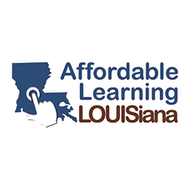
(View Complete Item Description)
Human Resource Management teaches HRM strategies and theories that any manager—not just those in HR—needs to know about recruiting, selecting, training, and compensating people.
Most students will be managing people at some point in their careers and not necessarily in a human resource management capacity. As businesses cut back, they may outsource HR duties to outside vendors. Or, in smaller businesses, the HR department is sometimes small or non-existent, and managers from other departments have to perform their own HRM. Therefore, teaching HRM from the perspective of a general manager, in addition to an HR manager, provides more relevance to students' careers and will give them a competitive advantage in the workplace.
This text also provides practical applications of theory relevant to today's workplace. You won't find discussions about “posting vacancies on a job board” or “sending memos.” In the real world, HRM leverages technology in every aspect of the job—from online training modules to technology for better managing flex-time workers and telecommuters.
Consider how most companies have gone “paperless” with pay stubs by using software. While such technology has made HRM easier, it has also created a new set of challenges. For example, how does a manager actually implement a new pay system? Therefore, it's important for students to understand what kinds of platforms exist in today's workplace to enhance their effectiveness as future managers.
The conversational style of Human Resource Management engages students, while the academic rigor of its content provides them with the tools that any manager needs—whether they work in HR or a different department. PLUS it offers an array of supplements that gives them practice creating real HR documents and role-playing real HR scenarios. Add value to your students' education, enhance the relevance of your curriculum, and make your students more employable by adopting this book for your HRM class. Read it now online today!
Material Type:
Textbook




















